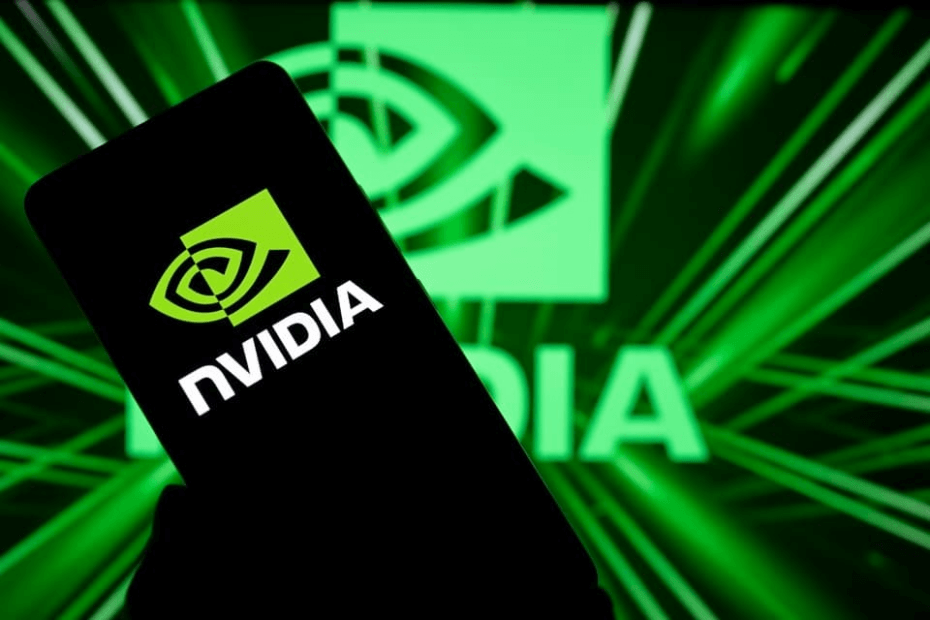Leader in semiconductor technology and artificial intelligence, Nvidia suffered a record-breaking $279 billion market value fall. Reflecting a rapid change in investor attitude toward AI-driven firms, this steep decline signifies a turning point for the tech industry. This paper explores the reasons for Nvidia’s historical drop, effects on the larger market, and possible consequences for future AI funding.
What Set Off Nvidia’s Massive Market Loss?
Growing worries that Nvidia’s explosive increase could have exceeded reality drove a 9.5% drop in the company’s stock price, hence driving the $279 billion market cap loss. Investors are already stepping back even if Nvidia is central in the AI explosion and its stock more than trebled over the past year. Though gripping, the AI story has spurred worries of overvaluation as tighter financial conditions and economic headwinds take effect.
Many elements influenced this sell-off:
Greater Market Volatility
The sell-off in Nvidia came at a tech industry slowdown generally. The Nasdaq Composite dropped 3.3%, while the S&P 500 shed 2.1%, underscoring investor anxiety that transcended Nvidia.
Economic and Regulatory Pressures
The uncertainty was exacerbated by the Federal Reserve’s posture on interest rates as well as regulatory monitoring of internet monstors. Investors worry that comparable obstacles might arise from AI investments, therefore affecting future profitability.
General Market Impact
Wall Street felt the echoes of Nvidia’s market decline. Being one of the bellwethers of the artificial intelligence industry, Nvidia’s collapse shook other high-growth tech firms and heightened concerns about the wider AI bubble maybe bursting. The sell-off is regarded as a counterpoint to more realistic financial foundations balancing out the enthusiasm about artificial intelligence.
Investor Alert
The fall of Nvidia represents a larger adjustment among investors who are now doubting the viability of stock rises fuelled by artificial intelligence. Although artificial intelligence still has great promise, the trend toward more sensible investing is unmistakable evidence that the market is reassisting its attitude to high-risk, high-growth IT ventures.
Particularly institutional investors are acting more cautiously and waiting for further data proving artificial intelligence technology can produce consistent, long-term gains. This attitude captures more general worries about the economic feasibility of fast expanding artificial intelligence implementations in a convoluted market environment.
Future View on AI and Technology Stocks
Even with Nvidia’s setback, long-term artificial intelligence potential is not in dispute. The road ahead, meanwhile, probably calls for more tempered expectations. These days, investors pay close attention to observable outcomes, profitability measures, and company navigability of regulatory environments.
Nvidia and others will have to show that their artificial intelligence creations can generate long-term profit sources. Companies have to handle issues such as supply chain interruptions, geopolitical concerns, and the rising need for ethical and responsible AI use as rivalry in the AI chip industry gets more fierce.
In Summary
The $279 billion market value drop of Nvidia marks a turning point in the continuous change of the IT industry. Even if artificial intelligence is still a transforming factor, the market downturn emphasizes the need of balanced optimism based on reasonable financial forecasts. Investors will keenly monitor for indications of stability and strategic changes that can maintain development in a very turbulent environment as Nvidia and other tech titans negotiate this changing terrain.
Questions it presents
How did the demise of Nvidia affect other technology stocks?
The fall in Nvidia had a knock-on impact, helping to cause a general market drop as big indexes such as the Nasdaq and S&P 500 also suffered substantial losses.
Is the AI bubble about to fade?
Although the artificial intelligence industry is still active, this event emphasizes the need of reasonable expansion goals and strategic preparation to guarantee long-term success.


 Schedule a free call
Schedule a free call